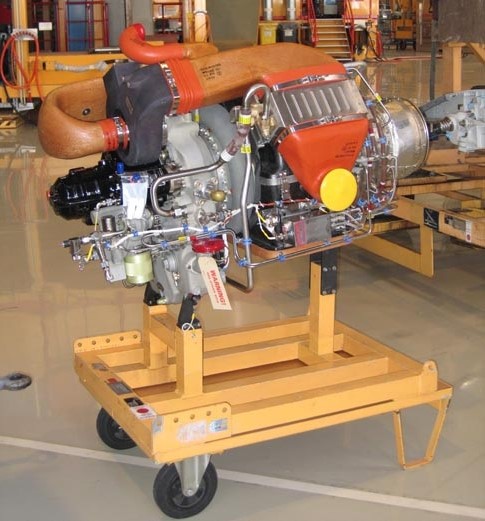<< auxiliary landing gear | auxiliary power unit | auxiliary rotor >>
Back to: "A"
auxiliary power unit
- Definição1
- A power generation unit for operation of systems like hydraulic, air conditioning, electrical, and avionics. It may provide AC (alternate current) or DC (direct current) supply. The APU is normally used prior to starting the aircraft and for testing systems on the ground. In rare cases, it can provide some thrust in an emergency. Ground auxiliary power units provide current for starting engines.
- Fonte1
- KUMAR, Bharat (ed.). An illustrated dictionary of aviation. New York: McGraw-Hill, c2005. 752 p.
- Definição2
- A small self-contained turbine- or reciprocating-engine-powered generator, hydraulic pump, and air pump.
- Fonte2
- CRANE, Dale (ed.). Dictionary of aeronautical terms. 4th ed. Newcastle: ASA, 2006.
- Fonte3
- INTERNATIONAL CIVIL AVIATION ORGANIZATION. Guidance on the development of States’ action plans on CO2 emissions reduction activities. Montreal, 2013. (Doc. 9988).
- Nota adicional1
- Acronym in English: APU.
- Nota adicional2
- APUs are installed in an aircraft and are used to supply electrical power, air, and hydraulic pressure for ground operation and for starting the main engines.
- Contexto
- Allowing pilots to turn off the auxiliary power unit is saving an estimated 100,000 tonnes of CO2 per year at the world’s busiest international airport.
- Português
- unidade auxiliar de força
- Imagem

Auxiliary power unit from an Airbus 320 Series.
Fonte: http://en.wikipedia.org/wiki/File:APIC-Honeywell-APU-Airbus.jpg

